Zion National Park
Leave a RatingLast Updated: March 3, 2026
Zion National Park, located in the southwestern corner of Utah, is a breathtaking natural wonder that attracts millions of visitors each year.
Summary
With its unique geological features, diverse wildlife, and stunning landscapes, the park offers numerous reasons to visit.
One of the main reasons to explore Zion National Park is its incredible scenic beauty. The park is renowned for its towering red and white sandstone cliffs, narrow slot canyons, and abundant vegetation. The most iconic of these formations is the famous Zion Canyon, which stretches for 15 miles and reaches depths of up to 2,640 feet. This awe-inspiring canyon offers incredible views and opportunities for hiking, rock climbing, and photography.
Zion National Park is home to several notable points of interest. Angels Landing, a challenging but rewarding hiking trail, provides breathtaking views of the park from its summit. The Narrows, a section of the Virgin River, offers a unique hiking experience as visitors wade through the narrow canyon. Emerald Pools and Weeping Rock are other popular destinations within the park, featuring picturesque waterfalls and hanging gardens. Kolob Canyons, located in the northwest section of the park, offer a quieter alternative to the main canyon and boast stunning panoramic views.
Interesting facts about Zion National Park include its ancient history, with the park's rock formations dating back over 250 million years. The park's name, Zion, is derived from the Hebrew word "Tzion," meaning a place of sanctuary or refuge. It was established as a national park in 1919 and covers an area of approximately 229 square miles. Zion National Park also provides habitat to a diverse range of plant and animal species, including desert bighorn sheep, golden eagles, and various reptiles.
The best time to visit Zion National Park depends on personal preferences and desired activities. Spring (March to May) and fall (September to November) are generally considered the best seasons due to pleasant temperatures and fewer crowds. Summer (June to August) can be hot, with temperatures often exceeding 100°F (38°C), but it is a popular time for river activities and canyoneering. Winter (December to February) offers a unique experience with fewer visitors, but some trails may be closed or icy. It is important to check current weather conditions and plan accordingly.
To ensure accuracy, it is recommended to verify this information across multiple independent sources, such as the official website of Zion National Park, travel guides, and reputable travel websites.
°F
°F
mph
Wind
%
Humidity
15-Day Weather Outlook
5-Day Hourly Forecast Detail
Park & Land Designation Reference
Large protected natural areas managed by the federal government to preserve significant landscapes, ecosystems, and cultural resources; recreation is allowed but conservation is the priority.
State Park
Public natural or recreational areas managed by a state government, typically smaller than national parks and focused on regional natural features, recreation, and education.
Local Park
Community-level parks managed by cities or counties, emphasizing recreation, playgrounds, sports, and green space close to populated areas.
Wilderness Area
The highest level of land protection in the U.S.; designated areas where nature is left essentially untouched, with no roads, structures, or motorized access permitted.
National Recreation Area
Areas set aside primarily for outdoor recreation (boating, hiking, fishing), often around reservoirs, rivers, or scenic landscapes; may allow more development.
National Conservation Area (BLM)
BLM-managed areas with special ecological, cultural, or scientific value; more protection than typical BLM land but less strict than Wilderness Areas.
State Forest
State-managed forests focused on habitat, watershed, recreation, and sustainable timber harvest.
National Forest
Federally managed lands focused on multiple use—recreation, wildlife habitat, watershed protection, and resource extraction (like timber)—unlike the stricter protections of national parks.
Wilderness
A protected area set aside to conserve specific resources—such as wildlife, habitats, or scientific features—with regulations varying widely depending on the managing agency and purpose.
Bureau of Land Management (BLM) Land
Vast federal lands managed for mixed use—recreation, grazing, mining, conservation—with fewer restrictions than national parks or forests.
Related References

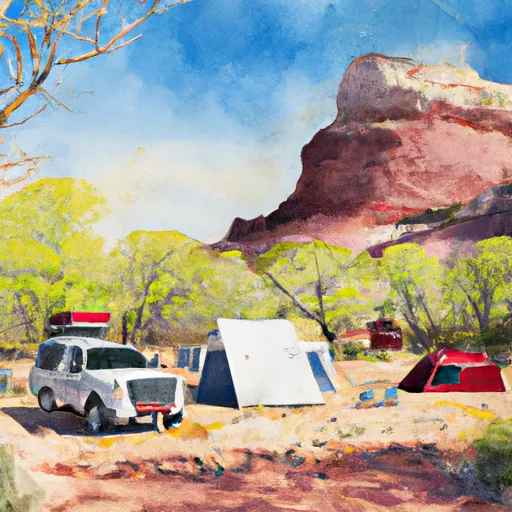 Watchman Campground Site 20
Watchman Campground Site 20
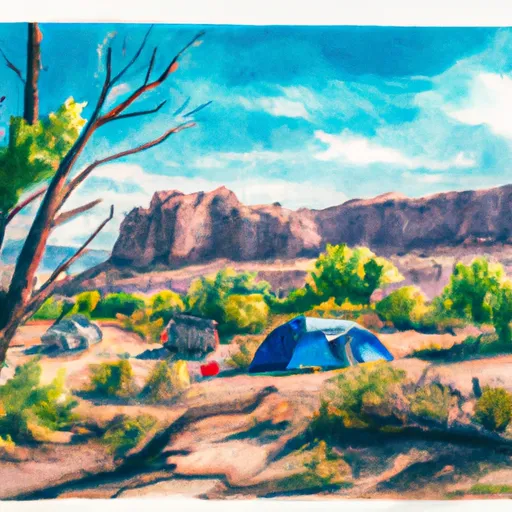 Watchman Campground Site 23
Watchman Campground Site 23
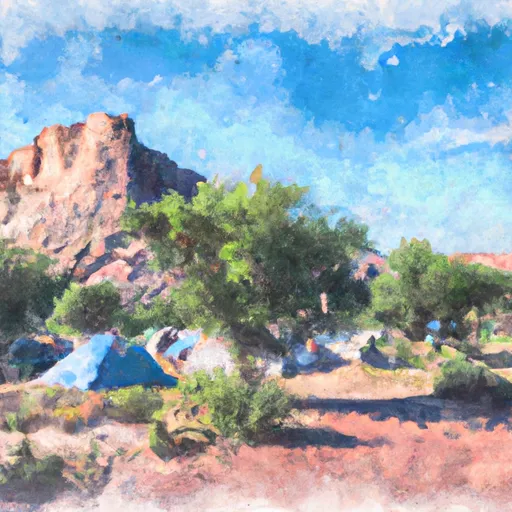 Watchman Campground Site 22
Watchman Campground Site 22
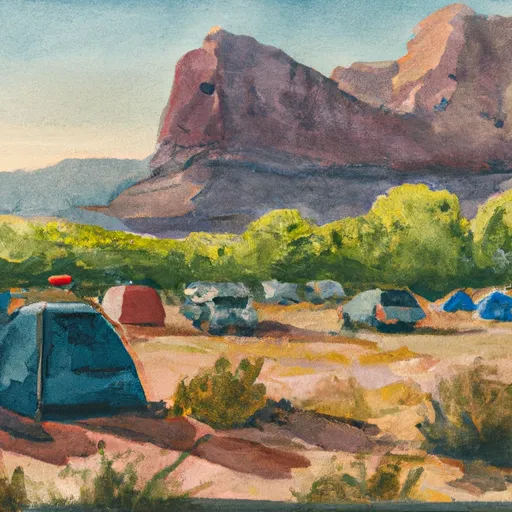 Watchman Campground Site 27
Watchman Campground Site 27
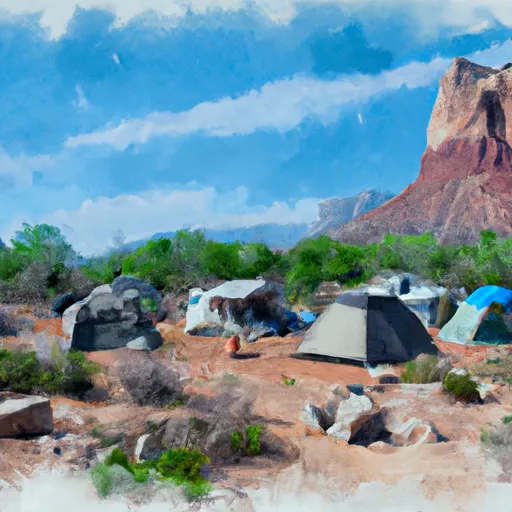 Watchman Campground Site 4
Watchman Campground Site 4
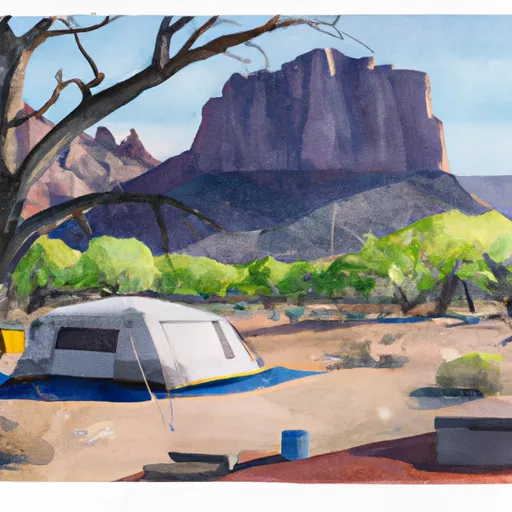 Watchman Campground Site 2
Watchman Campground Site 2
 Wilderness Zion Wilderness (draft boundary)
Wilderness Zion Wilderness (draft boundary)
 Canaan Mountain Wilderness
Canaan Mountain Wilderness
 Uep Cottonwood Park
Uep Cottonwood Park